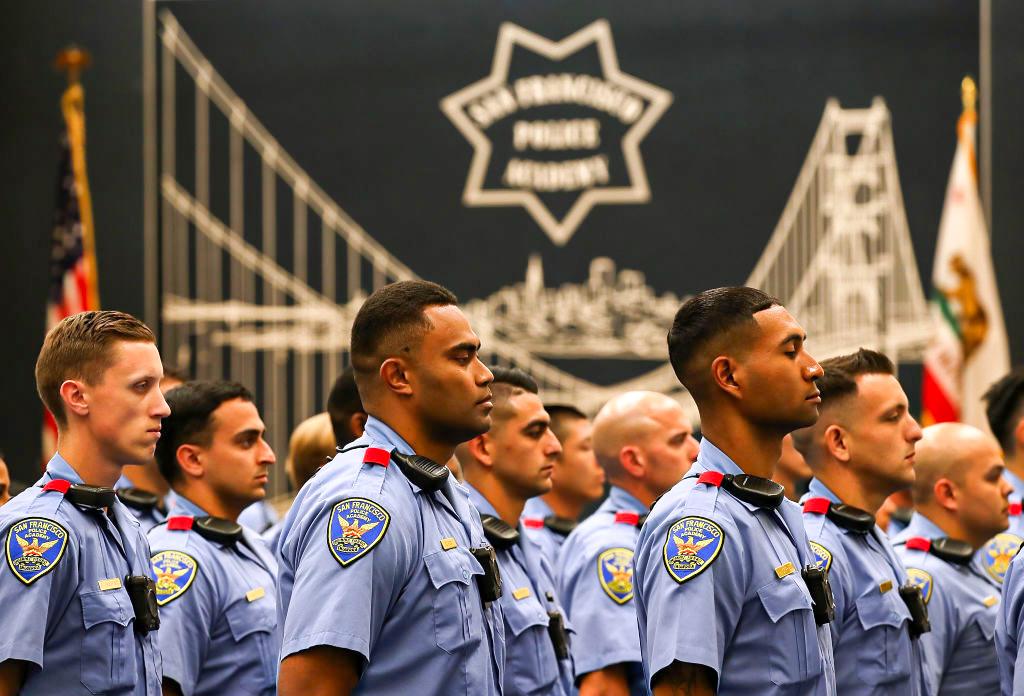With crime impacting the city, San Francisco voters will decide during the March primary election whether police staffing should be increased, though late amendments to the measure—approved by the San Francisco Board of Supervisors—that include a proposed increase of taxes on citizens, has complicated the matter.
Introduced as a plan to set aside $30 million to fund full-time police staffing increases from about 1,700 to more than 2,074 in five years, the measure was “hijacked” by a “hostile amendment,” according to its author, San Francisco Supervisor Matt Dorsey—who ultimately voted against it.





